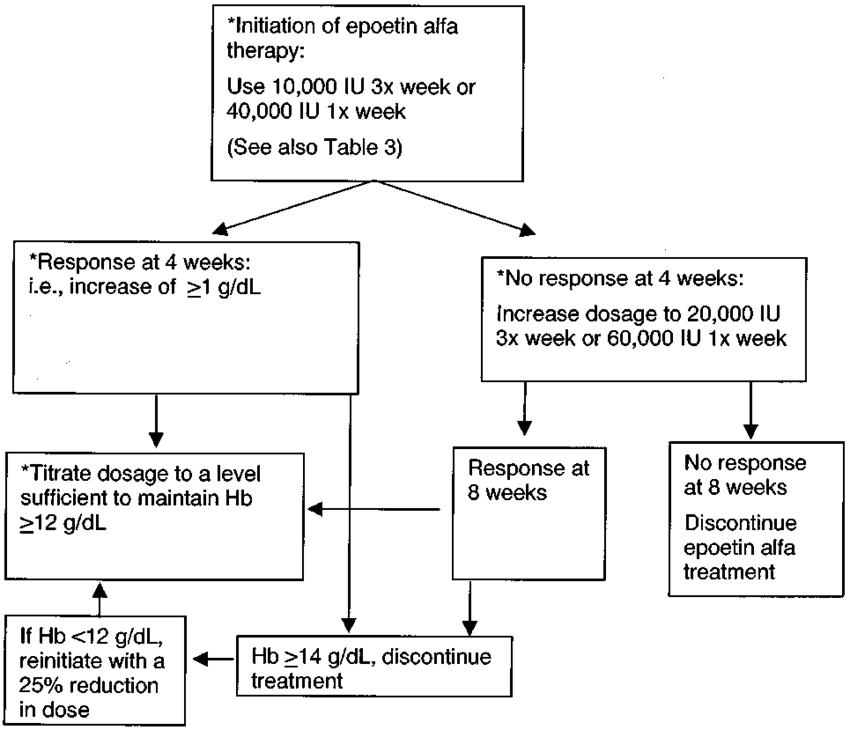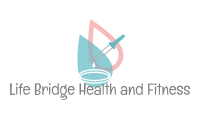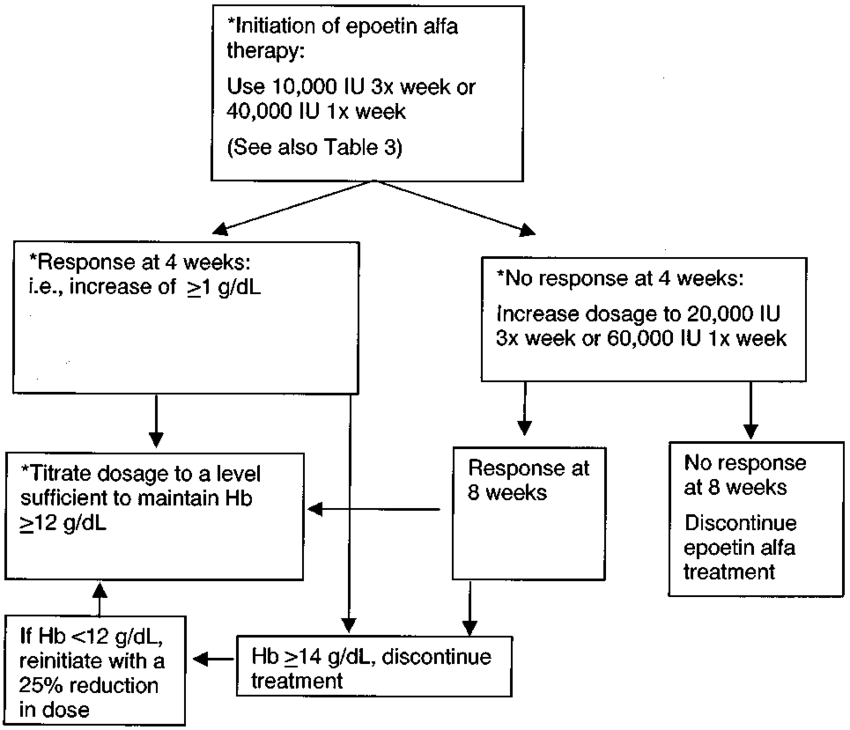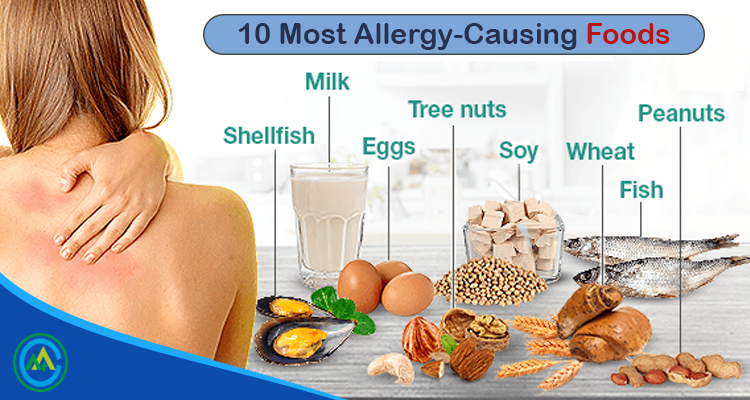 There are a variety of types of anemia, the most common of which are iron deficiency anemia, or anemia due to insufficient iron in the body to build healthy red blood cells, and anemia due to vitamin deficiencies, usually vitamin B-12, and folate. Anemia is a serious condition in which there are not enough red blood cells, or enough healthy red blood cells to carry the proper amount of oxygen to the tissues and organs in the body. Without enough oxygen in the red blood cells, your heart must work a lot harder to get oxygen to the tissues, and to carry away the waste product, carbon dioxide. Because your heart has to work so hard, and your tissues are not getting properly oxygenated, you experience symptoms such as fatigue and weakness, dizziness, pale skin, and shortness of breath and chest pains.
There are a variety of types of anemia, the most common of which are iron deficiency anemia, or anemia due to insufficient iron in the body to build healthy red blood cells, and anemia due to vitamin deficiencies, usually vitamin B-12, and folate. Anemia is a serious condition in which there are not enough red blood cells, or enough healthy red blood cells to carry the proper amount of oxygen to the tissues and organs in the body. Without enough oxygen in the red blood cells, your heart must work a lot harder to get oxygen to the tissues, and to carry away the waste product, carbon dioxide. Because your heart has to work so hard, and your tissues are not getting properly oxygenated, you experience symptoms such as fatigue and weakness, dizziness, pale skin, and shortness of breath and chest pains.
Ideally, iron deficiency anemia would be prevented by a diet rich in foods high in iron, such as egg yolks, dried beans, dried fruits like raisin and prunes, and dark green leafy vegetables and lean meats. However, often people, especially infants and young children, and adult women of childbearing age, do not eat a diet that contains the required amounts of iron packed foods. Taking a vitamin supplement with iron can help, but if your diet is really poor, and you are a woman who has heavy periods, you may require extra prescription strength iron supplements to treat your iron deficiency anemia.
Once your doctor determines that you have iron deficiency anemia by doing a simple blood test to check your red blood cell count and hemoglobin levels, he will prescribe iron supplements that will likely need to be taken for several months to correct your anemia. When taking these iron supplements avoid taking them with milk products which will inhibit proper absorption. Instead, take your iron supplement with a food rich in vitamin C, such as orange juice, which will help your body to absorb as much iron as possible.
Iron supplements can cause stomach aches and may need to be taken with a little food, Constipation is also an annoying side effect of iron supplementation, so eat plenty of whole grains, fruits and vegetables and increase your fluid intake. Use the time that you are taking iron supplements to correct any poor eating habits that lead to the anemia.
Anemia caused by vitamin deficiencies are often caused by a person being unable to absorb enough of the vitamins from food sources, If this is the case, vitamin injections may be necessary for your lifetime. You can increase your intake of vitamin B-12 and folate by taking supplements, and by eating enriched bread, whole grains, and plenty of fruits and dark green leafy vegetables, such as spinach. Broccoli, cabbage and cauliflower are also good sources of these vitamins.
In many cases, a diet chock full of a wide variety of healthy, nutritious foods can prevent anemia. In the event that your diet does not meet your needs, and you begin to feel some of the symptoms of anemia, see your health care provider so that any anemia can be diagnosed and treated properly so that both you, and your red blood cells, will be back in top notch shape, ready to meet the demands of day to day life.
Anemia: Treatment and Drugs
http://www.mayoclinic.com



